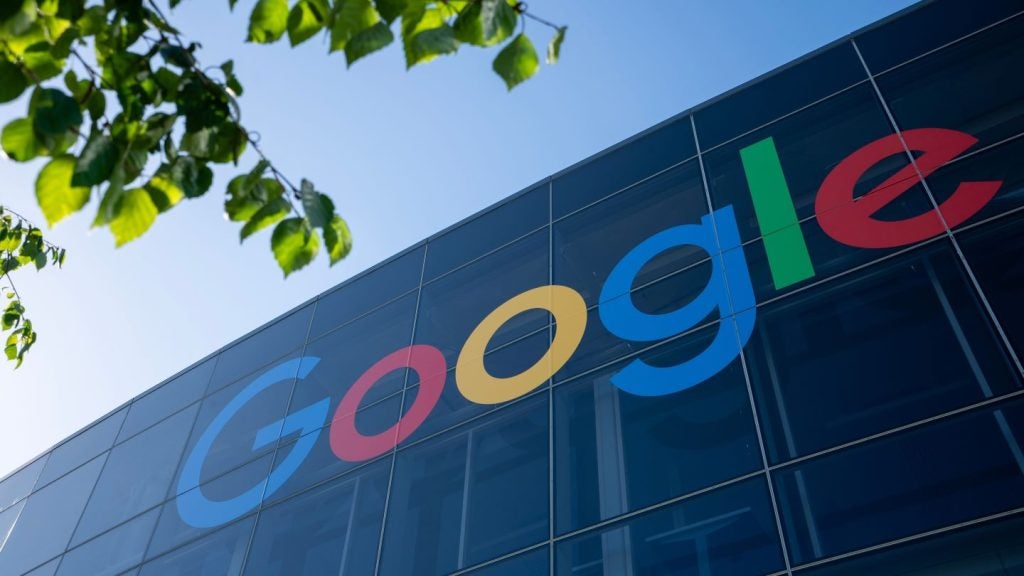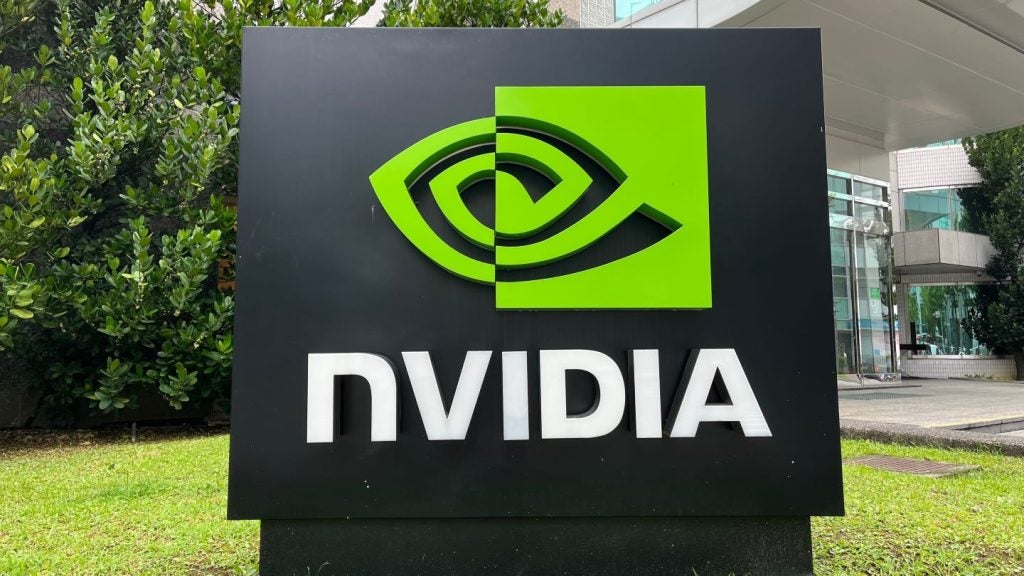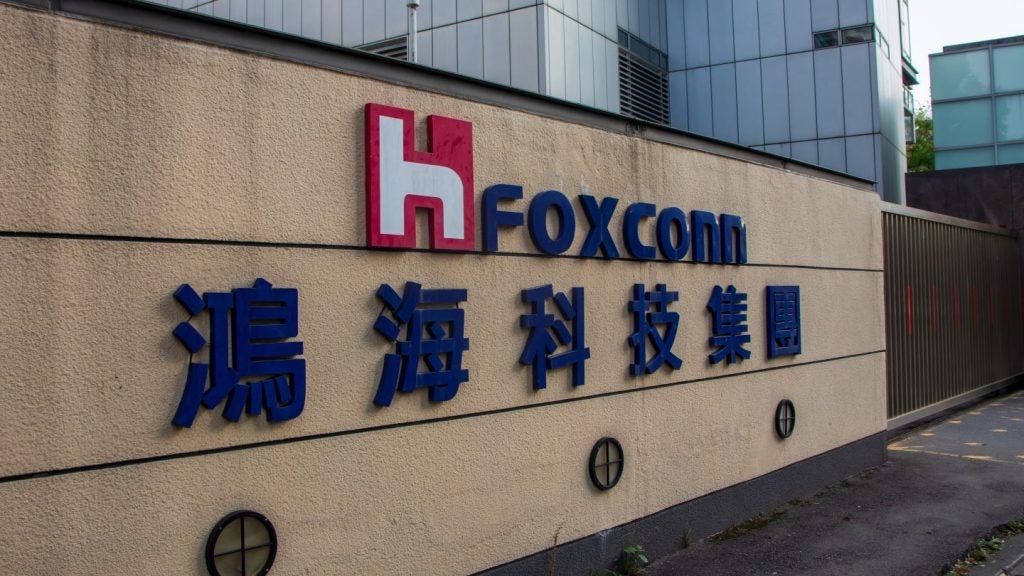Drought warnings were flagged on ad-spending in October as Alphabet reported revenues of $69 billion in its third-quarter earnings. Although this represented an increase of 6% from the previous year, the tech giant’s earnings fell below analyst expectations, causing a temporary share price slide. The results acted as an early warning sign to the rest of Big Tech as ad-spending showed signs of drying up in the face of a macroeconomic slowdown. The results inevitably stoked investor concerns about a potential end to Silicon Valley’s golden era.
Job losses are becoming the tech sector’s new modus operandi
Since then, announcements of job layoffs and hiring freezes are becoming standard operating procedures for Big Tech firms as they adjust to a new operating environment characterized by dwindling advertising revenues. For example, Meta has made headlines with the layoff of 11,000 employees, which represents 13% of its staff. Similarly, Twitter’s layoff of 3,800 employees earlier this month has achieved its own hashtag as the company undergoes major structural transformations under its new owner, Elon Musk.
Although Mark Zuckerberg has claimed that overhiring throughout the pandemic was a contributing factor to the recent downsizing of Meta’s workforce, there is no doubt that fears surrounding a collapse in advertising revenues are driving Big Tech to rationalize its operating costs.
Ad-spending drying up spells trouble for entertainment industry
The entertainment industry is no stranger to a pandemic heyday being swiftly followed by a macroeconomic hangover, and it is already showing signs of following Big Tech’s footsteps. On November 17, Roku reported that it would be cutting 200 employees across the US in its fourth quarter, citing a weak ad market as the cause. Although smaller than other tech firms in terms of quantity, the layoffs equate to nearly 7% of Roku’s workforce, so it represents a significant shift.
As an aggregator that only dabbles in a small amount of its own original content and already widely deploys ads, the company has been kept largely insulated from the worst effects of the subscription video-on-demand market slowdown in the last year. However, it now seems like the protective buffer of ad revenues is showing signs of degradation as retailers cut back on their advertising spending.
A slowdown in ad-spending will have implications for any company operating within the media sector. However, the timing will prove particularly inconvenient for streaming giants Netflix and Disney, with the former launching its ad-supported tier in November this year and the latter’s equivalent being launched next month. Although Netflix stated in its latest earnings that it does not expect the rollout of its new tier to significantly boost its fourth-quarter revenues, a wider decrease in ad revenues may limit the extent to which the new subscription format helps Netflix’s financial performance for the foreseeable.
How well do you really know your competitors?
Access the most comprehensive Company Profiles on the market, powered by GlobalData. Save hours of research. Gain competitive edge.

Thank you!
Your download email will arrive shortly
Not ready to buy yet? Download a free sample
We are confident about the unique quality of our Company Profiles. However, we want you to make the most beneficial decision for your business, so we offer a free sample that you can download by submitting the below form
By GlobalDataIt appears that Disney is already waking up to this harsh reality, with the company announcing a freeze on hiring and pre-emptively disclosing a loss of some jobs in its fourth quarter. It is clear that the streaming market’s profitability problems are far from over, with advertising looking unlikely to provide a panacea.
Streaming platforms are stuck between a rock and a hard place
Streaming giants will need to cut their costs at the source and rationalize their eye-watering content spends. These figures have spiralled out of control in recent years, egged on by a pandemic-fuelled growth in subscriptions, which we now know to have been unsustainable. What content to cut remains far from straightforward, especially with cash-strapped streamers being more likely to hit cancel on their subscriptions if the content slate is not up to scratch.
What remains clear is that the streaming wars remain far from over. Platforms find themselves between a rock and a hard place in both the advertising and subscription revenue streams. However, this does mean that companies operating within this space still have something to play for and that the epic saga of the streaming wars will still rage for some time to come.








Related Company Profiles
Alphabet Inc
Meta Platforms Inc
Netflix Inc
Roku Inc